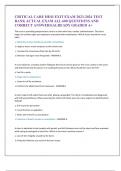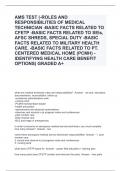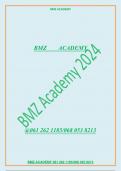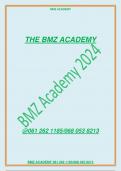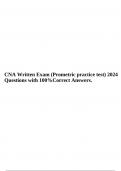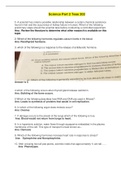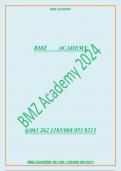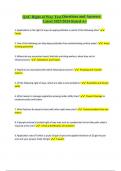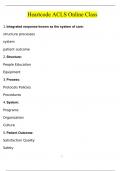Otro
CRITICAL CARE HESI EXIT EXAM TEST BANK ACTUAL EXAM ALL 600 QUESTIONS AND CORRECT ANSWERS|ALREADY GRADED A+ The nurse is providing postprocedure care to a client who had a cardiac catheterization. The client begins to manifest signs and sympto
- Grado
- Institución
CRITICAL CARE HESI EXIT EXAM TEST BANK ACTUAL EXAM ALL 600 QUESTIONS AND CORRECT ANSWERS|ALREADY GRADED A+ The nurse is providing postprocedure care to a client who had a cardiac catheterization. The client begins to manifest signs and symptoms associated with embolization. Which action sho...
[Mostrar más]
